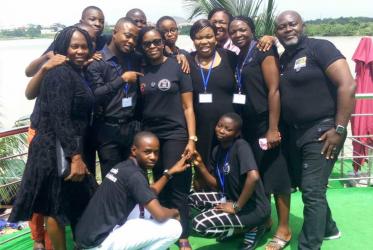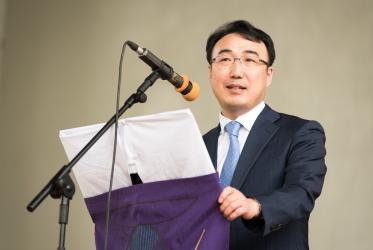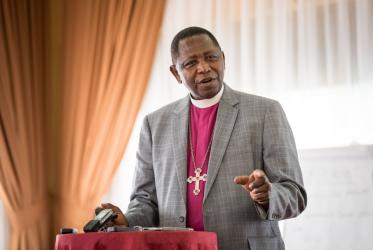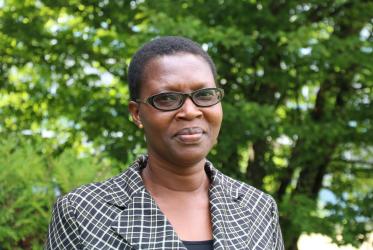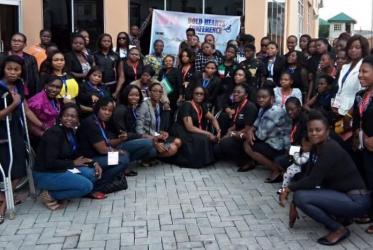Displaying 21 - 40 of 70
06 March 2019
WCC hones training on attitudes toward HIV treatment
06 December 2018
Paving the way for ecumenical studies, learning English in Bossey
24 September 2018
Doing his best without being the best
07 September 2018
Congolese churches respond to Ebola outbreak
01 June 2018
In the ecumenical movement to stay
26 April 2018
An advocate for family values, called by God
26 March 2018
Mission conference theme carries profound meaning
06 March 2018
Conversation on HIV “must continue,” Faith Networking Zone shows
07 December 2017
“Facing the storm of HIV, we can move together, be agents of change”
06 September 2017
A communicator on the move
10 July 2017






